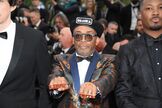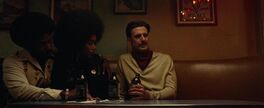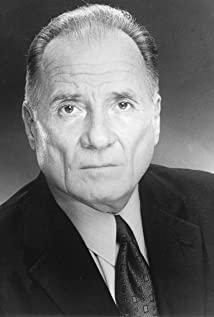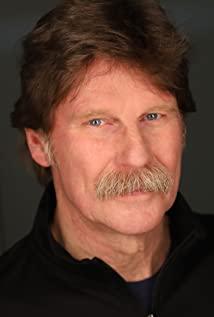This year's Cannes Jury Prize film has many similarities with "Get Out", which swept the film critics last year. It also wears the shell of a genre film and also has a piercing view on American racial issues. Underneath the cynical and even frenzied comedy text, it is hard to hide Spike Lee's criticism of the social phenomenon that splits whites and blacks, and the director is even more reluctant to the current President Trump's racist policies. Passionately burst out with anger.
Spike Lee has always spared no effort to fight for the right to speak for the black community, and as a writer and director is a frequent visitor to the three major film festivals in Europe. What You Should Do, as well as "Jungle Fever" and "Black Tide" in the 1990s, are deep and human-like masterstrokes on his film resume. After more than ten years of silence, or after many years of keeping a low profile in the wave of commercial films, he chose to rekindle his anger at this point in time, which can be regarded as the best time.
In recent years, Hollywood has paid more and more attention to "political correctness", and black films have begun to appear on the stage in a confrontational manner. "Moonlight" won the Oscar for best picture. Last year's "Get Out" swept the global film critics, not to mention "Black Panther" at the beginning of this year, breaking the conventions of Marvel movies and making great achievements at the box office. These art films/commercial films with blacks as the protagonists have, without exception, subverted the previous situation of the white world in Hollywood, and on the surface they have gradually gained a certain right to speak. On the other hand, since Trump was elected president as a dark horse last year, he has implemented many highly controversial policies (such as the wire fence on the US-Mexico border, the executive order banning the entry of Muslims, etc.). This series of moves Undoubtedly contributing to racism in American society, the violent riots in Virginia in 2017 are presented in black and white documentary images at the end of the film.
Last year's "Get Out" used the idea of "skin changing" to explain the antagonistic relationship between blacks and whites from the side, while Spike's work created two protagonists with similar fates, making the audience more aware of racial issues. objective understanding. Blacks and whites have served as undercover agents one after another, sneaking into two extremely racist organizations, and their self-identity is inspired by discriminatory words and behaviors. The identity crisis of dual identities continues to make the plot full of tension, and the director exposes the essence of racism: whether White Power or Black Power, both are extreme and cannot tolerate each other, and are also an important trigger for inspiring hatred Sow.
Thanks to the rendering of white supremacy in the classic work "The Birth of a Nation", the director imitated the montage technique that created film history in this film, and alternately edited between the KKK rally and the speeches of black massacre survivors, gradually. Incite the audience's emotions to a climax. This ironic approach is not only a provocative dissatisfaction with Griffith, the director of film history, but also a clear display of the director's anger at Trump's concept of governance. The timeless lines of "America First" and "Make America Great Again" appear repeatedly in the play, first depicting the KKK leader as stupid and ridiculous, and then blatantly pointing the finger at President Trump for the resurgence of racism. Trump. The documentary clip that appeared at the end did not hesitate to subvert the comedy tone of the entire film before, instantly pulling the audience back to the cruel and terrifying real world. The hatred caused by racial discrimination is the root cause of extremist organizations and even the unrest in the entire American society.
View more about BlacKkKlansman reviews











